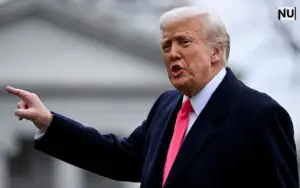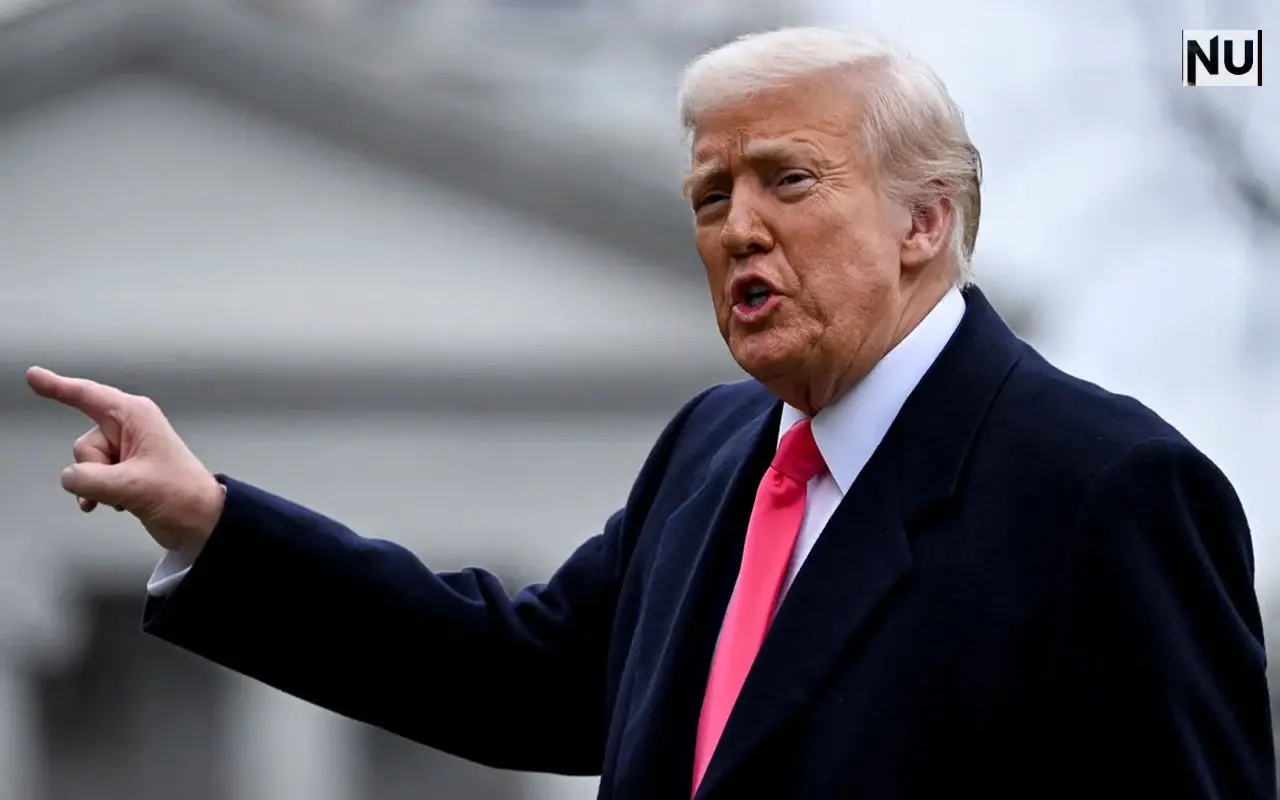7 Shocking Ways Donald Trump’s Economic Maelstrom Could Reshape America’s Future
Donald Trump has once again placed global trade in turmoil. He declared that if his tariff regime is struck down by the Supreme Court, he might “unwind” trade deals signed since his self-declared “liberation day” in April. This unpredictability highlights the Donald Trump economic maelstrom, where policies shift rapidly and global markets react with unease.
While tariffs remain at the center of attention, they represent only one part of Trump’s wider assault on the Washington consensus, a framework that has long guided U.S. economic policies.
Power Plays in Corporate America
Trump has intervened in corporate decisions in unprecedented ways. He:
-
Took a 10% government stake in Intel.
-
Demanded 15% of Nvidia’s China sales revenue.
-
Suggested the CEO of Goldman Sachs should resign.
These actions blur the lines between free market capitalism and state control. For some observers, Trump is rewriting the rules of corporate America.
Fed Independence Under Fire
The Federal Reserve, long respected for its independence, has been a direct target. Trump has lobbed insults at Jerome Powell, the Fed chair, and attempted to remove Lisa Cook from its board. Additionally, the head of the Bureau of Labor Statistics and the National Labor Relations Board (NLRB) were fired, further undermining institutional independence.
For detailed insights on the Fed’s role in U.S. policy, visit the Federal Reserve’s official site.
Labor Rights and Union Battles
Trump’s supporters, particularly Silicon Valley tech elites, have celebrated his attacks on the NLRB, an institution often seen as pro-worker. The NLRB had mandated unionization ballots at Amazon warehouses, an action disliked by corporate giants. By weakening such institutions, Trump is reshaping labor dynamics in America.
Bernie Sanders and Unexpected Alliances
Interestingly, Trump’s economic experiments have drawn praise from unexpected figures. Senator Bernie Sanders applauded Trump’s move to take government stakes in corporations, an approach Sanders himself once supported. This strange overlap of populist left and right highlights the chaotic nature of the Donald Trump economic maelstrom.
 Market Reactions to Trump’s Economic Shifts
Market Reactions to Trump’s Economic Shifts
Despite the upheaval, Wall Street has not collapsed. The AI-driven stock boom and tech growth have masked the risks of Trump’s economic shifts. Yet, beneath the surface, investors remain cautious. Recent weak payroll data and rising unemployment suggest U.S. companies are bracing for uncertainty.
Global Impact and the End of the Washington Consensus
Trump’s policies extend far beyond America’s borders. His tariffs and corporate interventions are challenging global norms, and allies are uncertain how to respond. The U.S., once a beacon of free market capitalism, is now experimenting with a hybrid model that mixes state intervention with deregulation.
The ripple effect is being felt worldwide. Countries that once looked to the U.S. as a model now question whether American capitalism is sustainable.
Seeds of Populism and Economic Transformation
The roots of Trump’s success lie in decades of economic discontent. Workers in America’s Rust Belt suffered from deindustrialization and job losses under globalization. Trump’s first-term tariffs, though modest, tapped into these frustrations and built his populist base.
President Biden continued some of Trump’s trade policies, including tariffs on China, but paired them with climate-friendly investments under the Inflation Reduction Act. Still, Trump’s accelerated pace of disruption is leaving lasting marks.
Radical Uncertainty for America’s Future
The overriding feature of the Donald Trump economic maelstrom is unpredictability. From Wall Street to Main Street, uncertainty reigns. With Trump’s aggressive approach, every week brings new risks, leaving investors and workers questioning the future of the American economy.
For continuous updates on U.S. economic and political shifts, visit News Updates.
✅ Internal link: News Updates
✅ External link: Federal Reserve









